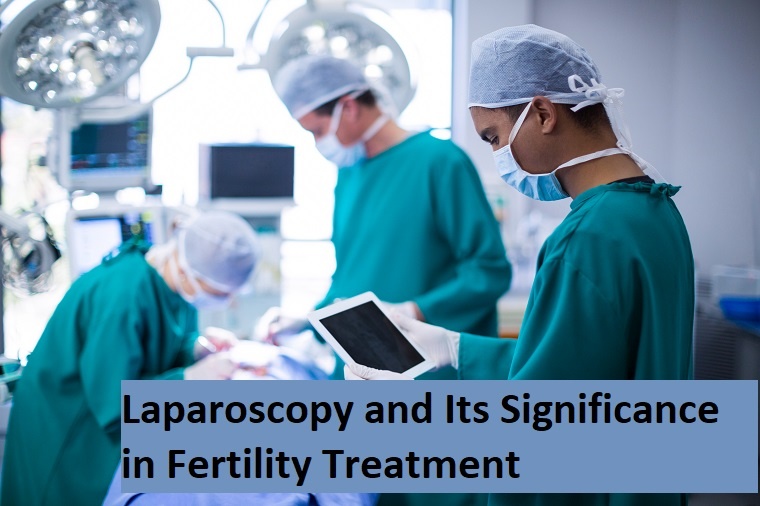
Laparoscopy and Its Significance in Fertility Treatment
Infertility can be a stressful and emotional journey for couples trying to conceive. While there are many causes of infertility, one of the most common causes is related to the female reproductive system. In cases where the cause is unknown, doctors may recommend laparoscopy to help diagnose and treat infertility. In this blog post, we will discuss laparoscopy and its significance in fertility treatment, with insights from Dr. Shivani Sachdev Gour and SCI IVF Hospital.
What is Laparoscopy?
Laparoscopy is a minimally invasive surgical procedure that allows doctors to examine the reproductive organs in detail. During the procedure, a thin, flexible tube with a camera attached (laparoscope) is inserted through a small incision in the abdomen. The camera allows the doctor to see the reproductive organs, such as the uterus, ovaries, and fallopian tubes, and identify any abnormalities that may be causing infertility.
Why is Laparoscopy Important in Fertility Treatment?
Laparoscopy is an important diagnostic tool in fertility treatment because it allows doctors to see the reproductive organs in detail and identify any structural or functional abnormalities that may be causing infertility. Some of the conditions that laparoscopy can detect include endometriosis, ovarian cysts, fibroids, and blocked fallopian tubes.
According to Dr. Shivani Sachdev Gour, Founder and Director of SCI IVF Hospital, “Laparoscopy is a valuable tool in the diagnosis and treatment of infertility. By identifying the root cause of infertility, we can develop a personalized treatment plan that addresses the specific needs of each patient.”
Laparoscopy can also be used to treat certain infertility conditions, such as endometriosis, by removing abnormal tissue growths. In some cases, laparoscopy can also be used to unblock fallopian tubes or remove ovarian cysts.
Benefits of Laparoscopy in Fertility Treatment
Laparoscopy offers several benefits over traditional open surgery, including:
- Smaller incisions: Laparoscopy requires only small incisions in the abdomen, which reduces the risk of scarring and infection.
- Faster recovery time: Because laparoscopy is minimally invasive, patients typically experience less pain and discomfort and can return to normal activities sooner than with open surgery.
- Higher success rates: By identifying and treating the root cause of infertility, laparoscopy can improve the chances of conceiving naturally or with fertility treatments.
Conclusion
Laparoscopy is a valuable diagnostic and treatment tool in fertility treatment. By allowing doctors to see the reproductive organs in detail, laparoscopy can help identify and treat conditions that may be causing infertility. If you are struggling with infertility, it is important to speak with your doctor about your options and whether laparoscopy may be a suitable treatment for you.
At SCI IVF Hospital, Dr. Shivani Sachdev Gour and her team of experienced fertility specialists offer a range of diagnostic and treatment options for infertility, including laparoscopy. With personalized care and state-of-the-art technology, SCI IVF Hospital is dedicated to helping couples achieve their dream of parenthood.
